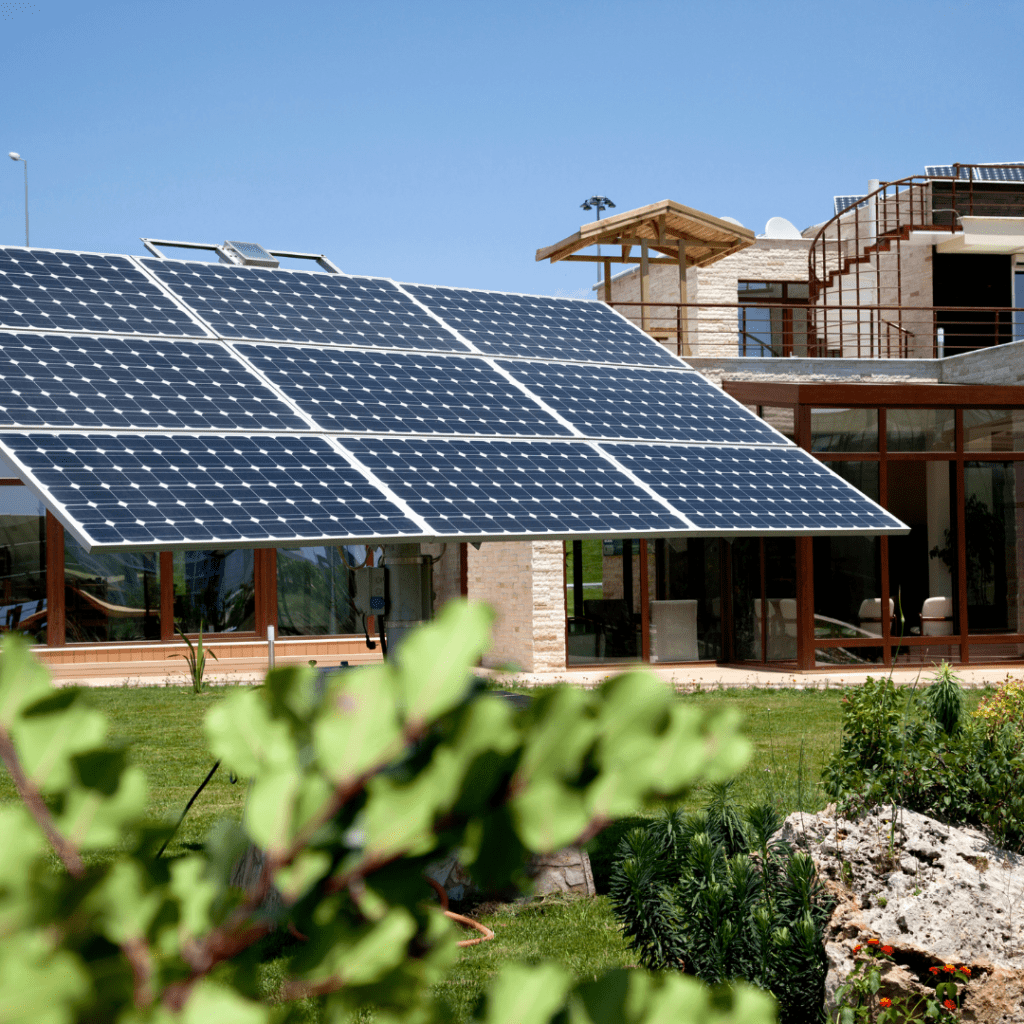The energy industry has experienced significant transformation over the past decade, with an increasing focus on renewables, sustainability, and technological advancements. As a result, marketing for energy services has become more critical than ever.
To remain competitive in this dynamic landscape, energy companies must harness the power of strategic marketing initiatives. This blog post will explore the top marketing strategies to help energy service providers elevate their brand, engage their target audience, and, ultimately, drive business growth.
Understand Your Target Audience
Understanding your target audience is the first step in crafting a successful marketing campaign for energy services. Identify your ideal customer profile, including demographics, psychographics, and behavioral patterns. Consider factors such as:
- Residential, commercial, or industrial clients
- Geographic location
- Interest in renewable energy or energy efficiency
- Budget and willingness to invest in energy services
Understanding your target audience allows you to create tailored marketing messages that resonate and engage.
Build a Strong Brand Identity
A robust brand identity is essential for energy service providers. Your brand should differentiate your business from competitors while reflecting your company’s values and mission. To build a strong brand identity:
- Develop a unique value proposition that highlights your competitive advantages
- Create a consistent visual identity, including logo, colors, and typography
- Craft a compelling brand story that connects with your target audience emotionally
Consistently incorporating these elements across all marketing channels will strengthen your brand and build credibility in the market.

Leverage Content Marketing for Energy Services
Content marketing is a powerful tool for energy service providers to establish thought leadership, educate consumers, and generate leads. Create high-quality, informative content that addresses your target audience’s pain points, interests, and questions. Focus on topics such as:
- Energy-saving tips and best practices
- Benefits of renewable energy
- Case studies showcasing successful projects
- Industry news and trends
Distribute your content through various channels, including your company blog, social media platforms, and guest posts on industry-related websites.
Optimize Your Website for SEO
Search engine optimization (SEO) drives organic traffic to your website. To improve your website’s visibility on search engine result pages, implement the following best practices:
- Conduct keyword research to identify relevant search terms for your industry and target audience
- Optimize your website’s meta titles, meta descriptions, and header tags with targeted keywords
- Create high-quality, engaging content that adds value to your audience and supports your chosen keywords
- Implement technical SEO practices, such as improving site speed, mobile-friendliness, and secure connections (HTTPS)
Utilize Social Media Marketing
Social media platforms are an excellent channel to increase brand awareness, engage with your target audience, and showcase your expertise. Use platforms like LinkedIn, Facebook, Twitter, and Instagram to:
- Share your content, including blog posts, infographics, and videos
- Engage with industry influencers and potential customers
- Participate in relevant discussions and groups
- Monitor industry trends and competitor activity
Remember to maintain a consistent brand voice and visual identity across all platforms to create a cohesive brand experience.
Implement Email Marketing Campaigns
Email marketing remains one of energy service providers’ most effective marketing strategies. Use it to nurture leads, build relationships, and promote your services. Segment your subscribers based on their interests, behavior, or stage in the customer journey to create targeted email campaigns. Ensure your emails provide value by offering exclusive content, promotions, or insights into your company’s latest projects.
Invest in Paid Advertising
Paid advertising, such as Google Ads or social media advertising, can provide immediate visibility for your energy services. Experiment with different ad formats, such as search, display, or video ads, to determine which best suits your target audience and marketing objectives.
Energy companies should keep these tips in mind when investing in paid ads:
- Conduct keyword research to identify high-intent search terms for your target audience
- Use geo-targeting to focus on regions where your services are available
- Create compelling ad copy that highlights the benefits of your energy services
- Monitor and optimize your campaigns regularly to maximize return on investment (ROI)
Establish Strategic Partnerships
Strategic partnerships with complementary businesses or organizations can help amplify your marketing efforts and expand your reach. Consider partnering with:
- Local contractors or construction companies
- Energy efficiency consultants
- Environmental or sustainability-focused organizations
- Renewable energy equipment suppliers
Collaborate on co-branded marketing initiatives, such as webinars, events, or content creation, to leverage each other’s expertise and audience.
Showcase Customer Testimonials and Case Studies
Social proof is a powerful marketing tool for energy service providers. Potential customers want to see evidence of your expertise and the results you’ve achieved for clients.
Your website and marketing materials should showcase customer testimonials and case studies to build trust and credibility. Include specific metrics, such as energy savings or cost reductions, to demonstrate the tangible benefits of your services.
Track and Measure Your Marketing Efforts
Regularly tracking and measuring the performance of your marketing initiatives is essential for continuous improvement and maximizing ROI. Use analytics tools to monitor website traffic, social media engagement, email open rates, and conversions. Evaluate your marketing efforts against your goals and adjust your strategies as needed.
Conclusion
Marketing for energy services requires a multifaceted approach that combines understanding your target audience, building a solid brand identity, leveraging content marketing, and utilizing various digital channels to reach and engage potential customers.
By implementing these strategies, energy service providers can enhance their visibility, strengthen their reputation, and, ultimately, drive business growth. With the energy industry’s constant evolution, staying ahead of the curve and adapting your marketing efforts accordingly will ensure long-term success.


